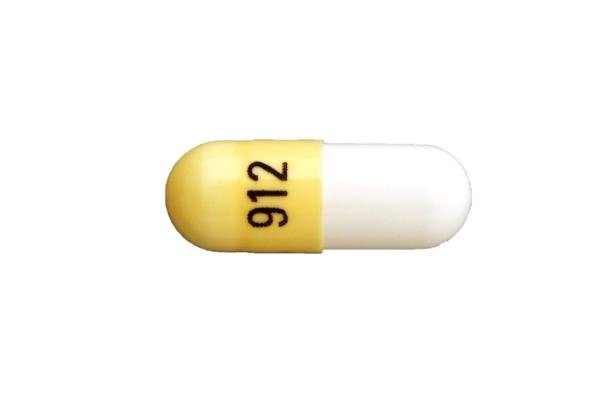Fingolimod Interactions
There are 641 drugs known to interact with fingolimod, along with 9 disease interactions, and 1 alcohol/food interaction. Of the total drug interactions, 486 are major, 153 are moderate, and 2 are minor.
- View all 641 medications that may interact with fingolimod
- View fingolimod alcohol/food interactions (1)
- View fingolimod disease interactions (9)
Most frequently checked interactions
View interaction reports for fingolimod and the medicines listed below.
- Acetylsalicylic Acid (aspirin)
- Adderall (amphetamine / dextroamphetamine)
- Adderall XR (amphetamine / dextroamphetamine)
- Aimovig (erenumab)
- Ajovy (fremanezumab)
- Ampyra (dalfampridine)
- Bactrim DS (sulfamethoxazole / trimethoprim)
- Brilinta (ticagrelor)
- Celebrex (celecoxib)
- Coenzyme Q10 (ubiquinone)
- Colace (docusate)
- Copaxone (glatiramer)
- Cymbalta (duloxetine)
- D3 (cholecalciferol)
- Emgality (galcanezumab)
- Fioricet (acetaminophen / butalbital / caffeine)
- Flax Seed Oil (flax)
- Heparin Sodium (heparin)
- Lyrica (pregabalin)
- Ocrevus (ocrelizumab)
- Prozac (fluoxetine)
- Retinol (vitamin a topical)
- Ritalin (methylphenidate)
- Rutin (bioflavonoids)
- Sotalol Hydrochloride AF (sotalol)
- Trileptal (oxcarbazepine)
- Vitamin B12 (cyanocobalamin)
- Vitamin D3 (cholecalciferol)
- Zoloft (sertraline)
- Zyrtec (cetirizine)
Fingolimod alcohol/food interactions
There is 1 alcohol/food interaction with fingolimod.
Fingolimod disease interactions
There are 9 disease interactions with fingolimod which include:
- CV disease
- hepatic impairment
- hypertension
- infections
- macular edema
- respiratory dysfunction
- encephalopathy
- MS
- malignancies
More about fingolimod
- fingolimod consumer information
- Compare alternatives
- Pricing & coupons
- Reviews (98)
- Drug images
- Side effects
- Dosage information
- During pregnancy
- Drug class: selective immunosuppressants
- Breastfeeding
- En español
Related treatment guides
Drug Interaction Classification
| Highly clinically significant. Avoid combinations; the risk of the interaction outweighs the benefit. | |
| Moderately clinically significant. Usually avoid combinations; use it only under special circumstances. | |
| Minimally clinically significant. Minimize risk; assess risk and consider an alternative drug, take steps to circumvent the interaction risk and/or institute a monitoring plan. | |
| No interaction information available. |
Further information
Always consult your healthcare provider to ensure the information displayed on this page applies to your personal circumstances.


